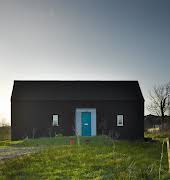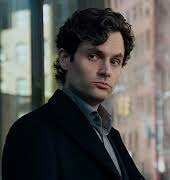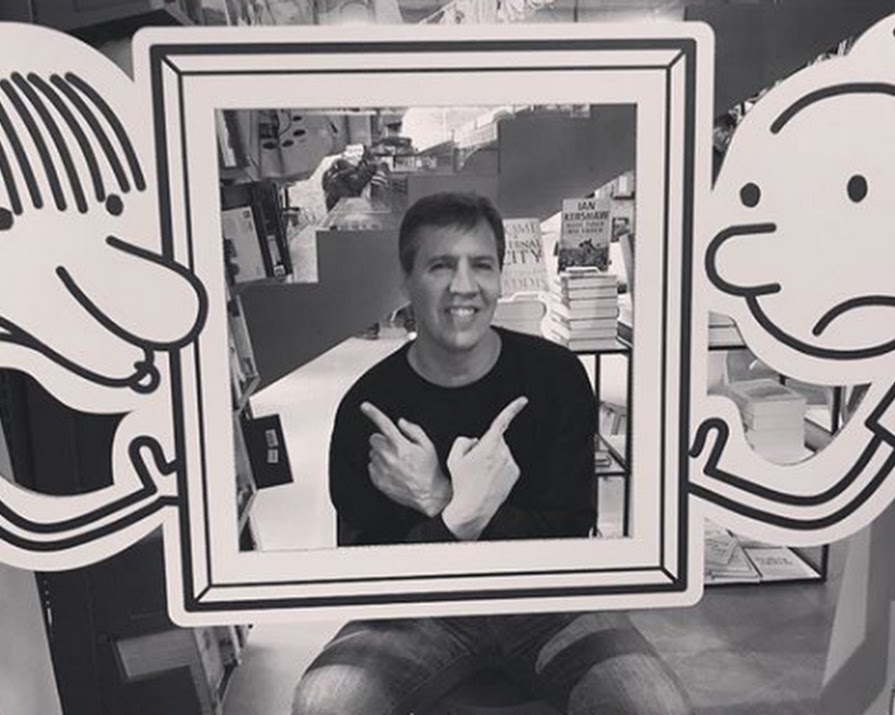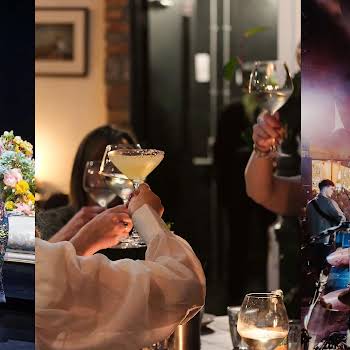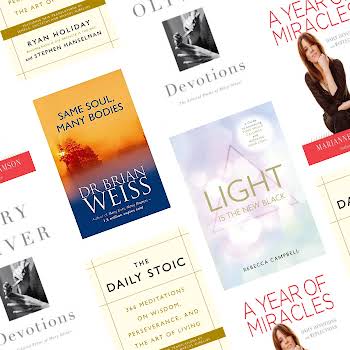
‘Kids like to see themselves on a page’: Wimpy Kid author on how to turn reluctant readers on to books
By Jennifer McShane
02nd Dec 2018
02nd Dec 2018
These days, it can be hard to tear our children away from screens. There’s no denying it; the rise of all things digital has vastly influenced the reading habits of our kids. And with their attention constantly going to an iPhone screen, how can we make sure they never lose that innate curiosity that draws them toward a book? His stories have been praised for doing just this; for turning even the most reluctant reader on to books. Jennifer McShane chats to bestselling children’s author and creator of the Diary of A Wimpy Kid series Jeff Kinney on his latest book, the changing reading habits of children and the challenges of writing books for books for kids.
Why is it that you think your Wimpy Kid stories have appealed to even the most reluctant young readers?
I think kids like the books because they serve as a sort of mirror to their lives. Kids like to see themselves and their own circumstances on the page, and the Wimpy Kid books are about situations any child can relate to. I think the handwritten font and the illustrations appeal to young readers as well.
You meet your readers a lot – do you find that reading still appeals to them the same way now as it did when you released your first book in the series?
In the eleven years I’ve been travelling and meeting young readers, I haven’t gotten a sense that things have changed much. But of course, they have, especially for older kids. We are raising the first generation of kids who are social media natives. I think books are quite separate from the world of social media and screens in so many ways. Books are an old-fashioned pleasure, but a book is a wonderful piece of technology on its own.
What inspired you to start the series in the first place?
View this post on Instagram
I was actually trying to write a book for grown-ups. I never anticipated this becoming a series for kids. Looking back, I have no idea why.
“My challenge is always to stay fresh and funny. The further I get from childhood, the more challenging that becomes.”
How did you come up with the idea for your latest book in the series, The Meltdown?
I wanted to write a book about conflict, and the stupidity of warfare. This is my first book that’s an allegory – that’s a story that can be interpreted to reveal a hidden meaning, typically a moral or political one.
How do you think modern technology, for example, audiobooks have impacted the reading habits of young kids?
I think audiobooks are great. They help kids (and grown-ups) understand how a book is meant to be heard. I think it’s wonderful when adults read to their kids, even after their kids are capable of doing it themselves.
With this in mind, do you find yourself writing differently now as opposed to when you were starting out 10 years ago?
View this post on Instagram
I’ve tried not to. I guess that if I was writing a realistic book about kids, there would be a lot more characters staring at phones. The characters in my books are fairly active, which makes for more interesting storytelling.
What challenges do you face when writing for young readers?
My challenge is always to stay fresh and funny. The further I get from childhood, the more challenging that becomes.
What would be your advice to parents who are still struggling to get their kids to read?
My advice would be to feed your child’s interests. The more your child associates reading with pleasure, the more likely it is that they’ll get on a path to becoming a lifelong reader.
View this post on Instagram
What do your young readers say love the most about the books?
Young readers seem to find Greg and his circumstances really funny. I think the fact that Greg is a cartoon character makes him immediately understandable and approachable.

Diary of a Wimpy Kid: The Meltdown by Jeff Kinney is published by Puffin, approx. €12.99.
Main image via Instagram






